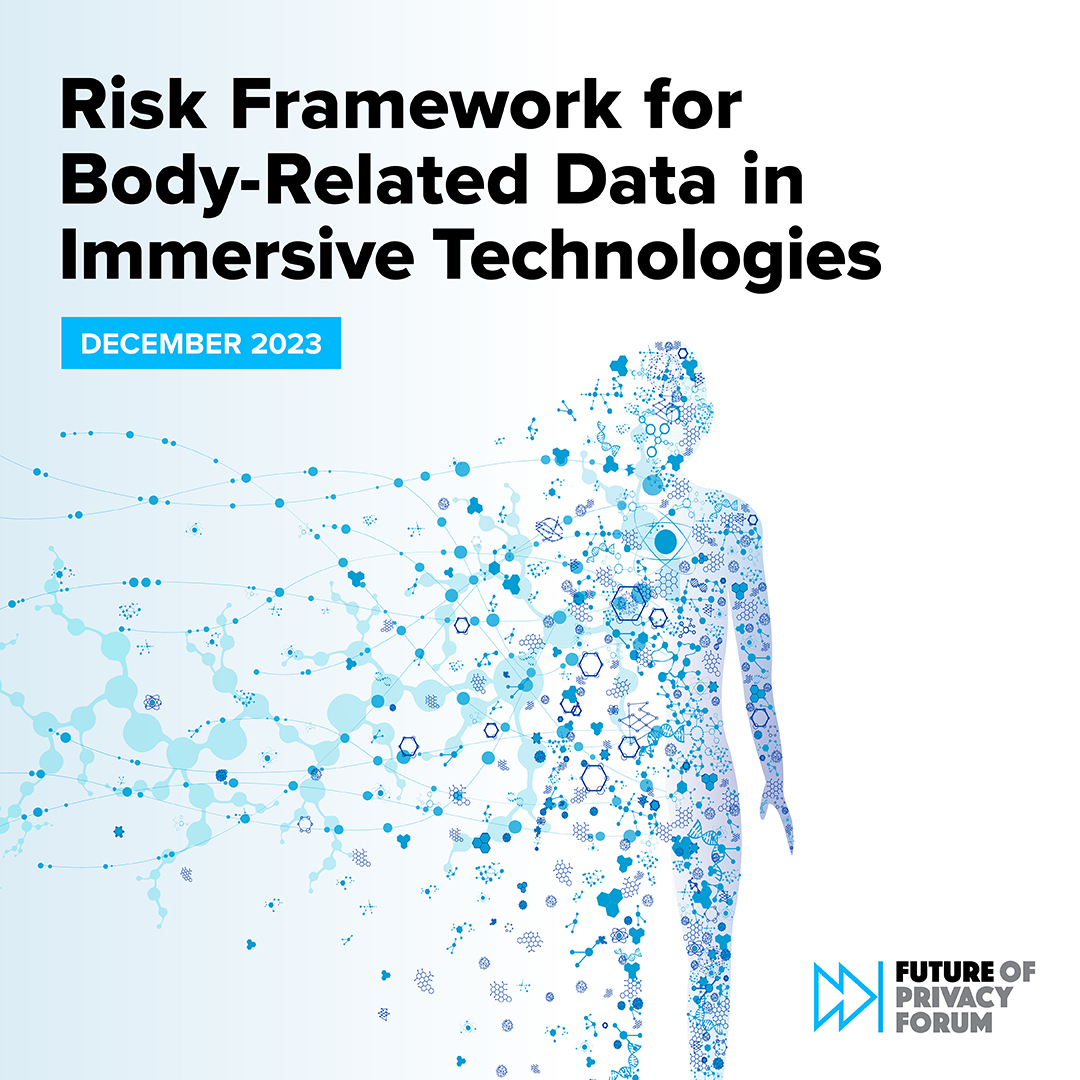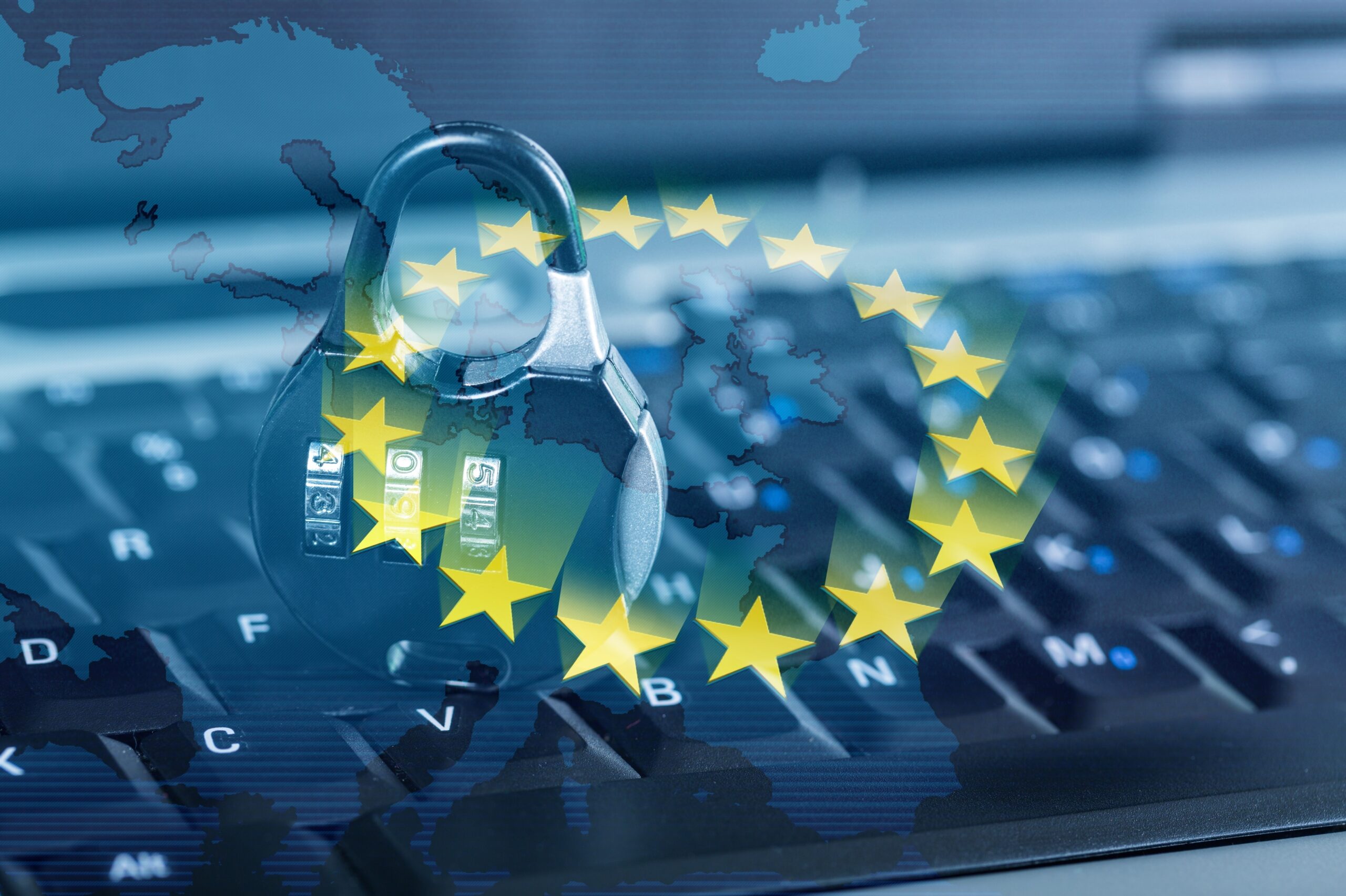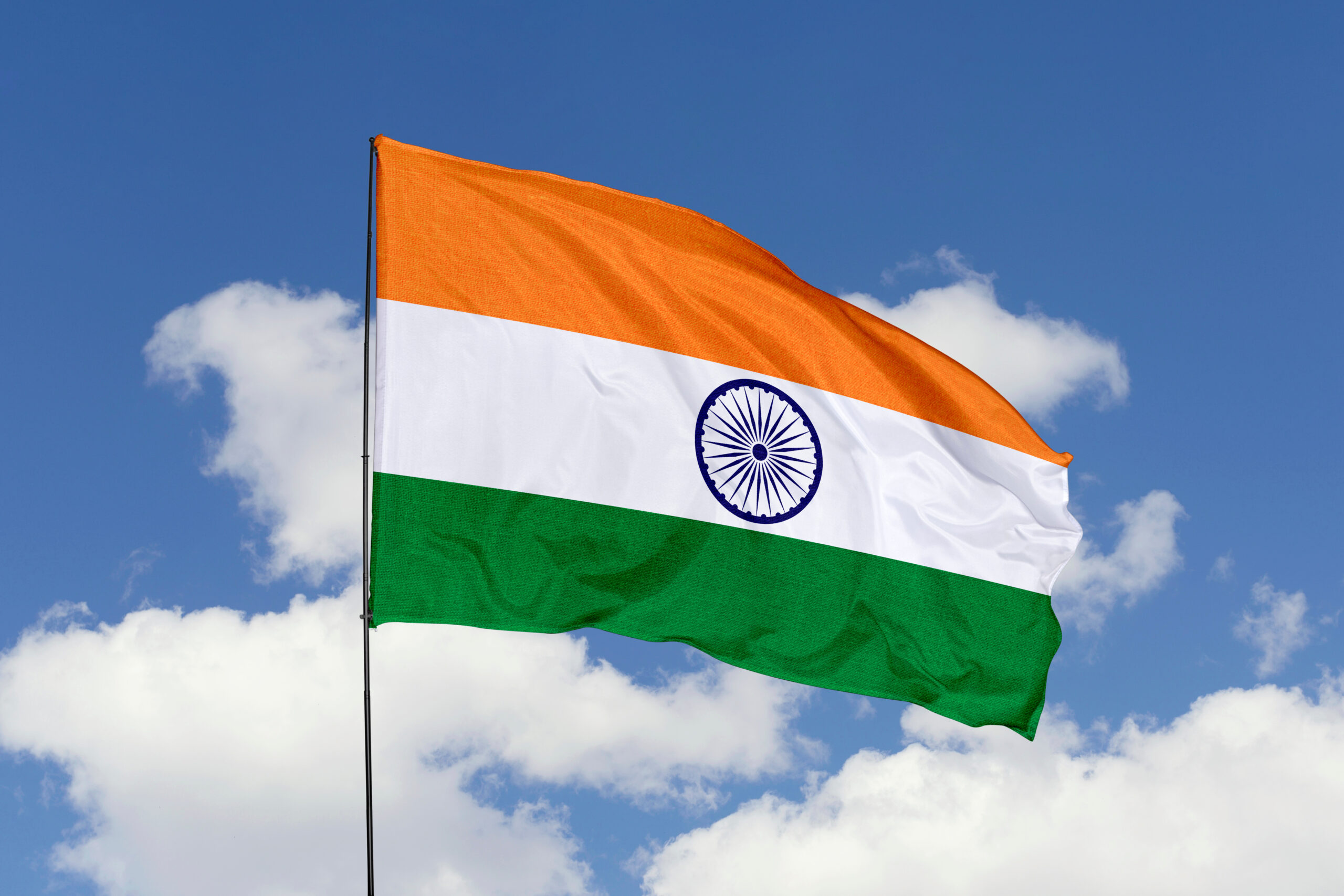
FPF Publishes New Report: A Conversation on Privacy, Safety, and Security in Australia: Themes and Takeaways
On October 27, 2023, the Future of Privacy Forum (“FPF”), in partnership with the UNSW Allens Hub for Technology, Law and Innovation (“Allens Hub”), convened a multidisciplinary meeting of experts on technology, privacy, safety, and security in Sydney, NSW, Australia to discuss benefits, challenges, and unanswered questions associated with the Australian eSafety Commissioner’s (“eSafety”) forthcoming […]

Risk Framework for Body-Related Data in Immersive Technologies
Today, the Future of Privacy Forum (FPF) released its Risk Framework for Body-Related Data in Immersive Technologies for organizations to structure the collection, use, and onward transfer of body-related data. Organizations building immersive technologies like extended reality and virtual worlds often rely on large amounts of data about individuals’ bodies and behaviors. While body-related data […]

Five Big Questions (and Zero Predictions) for the U.S. State Privacy Landscape in 2024
Entering 2024, the United States now stands alone as the sole G20 nation without a comprehensive, national framework governing the collection and use of personal data. With bipartisan efforts to enact federal privacy legislation once again languishing in Congress, state-level activity on privacy dramatically accelerated in 2023. As the dust from this year settles, we […]

The PrivaSeer Project in 2023: Access to 1.4 million privacy policies in one searchable body of documents
In the summer of 2021, FPF announced our participation in a collaborative project with researchers from the Pennsylvania State University and the University of Michigan to develop and build a searchable database of privacy policies and other privacy-related documents, with the support of the National Science Foundation. This project, PrivaSeer, has since become an evolving, […]

A Blueprint for the Future: White House and States Issue Guidelines on AI and Generative AI
Since July 2023, eight U.S. states (California, Kansas, New Jersey, Oklahoma, Oregon, Pennsylvania, Virginia, and Wisconsin) and the White House have published executive orders (EOs) to support the responsible and ethical use of artificial intelligence (AI) systems, including generative AI. In response to the evolving AI landscape, these directives signal a growing recognition of the […]

ICYMI: FPF Webinar Discussed The Current State of Kids’ and Teens’ Privacy
Privacy by design for kids and teens has expanded across the globe. As policymakers, advocates, and companies grapple with the ever-changing landscape of youth privacy regulation, the Future of Privacy Forum recently hosted a webinar discussing the current state of kids’ and teens’ privacy policy. The webinar explored the current frameworks that are influential worldwide, […]

Sponsorship Offerings at FPF
The Future of Privacy Forum (FPF) is a global non-profit organization that brings together industry, academics, civil society, policymakers, and other stakeholders to explore the challenges posed by technological innovation and develop privacy protections, ethical norms, and workable business practices. We are an independent and pragmatic voice for privacy regulation and take on the tough issues […]

Survey of Current Universal Opt-Out Mechanisms
With contributions from Aaron Massey, FPF Senior Policy Analyst and Technologist, Keir Lamont, Director for U.S. Legislation, and Tariq Yusuf, FPF Policy Intern Several technologies can help individuals configure their devices to automatically opt out of web services’ requests to sell or share personal information for targeted advertising. Seven state privacy laws require that organizations […]

EU’s Digital Services Act Just Became Applicable: Outlining Ten Key Areas of Interplay with the GDPR
DSA: What’s in a Name? The European Union’s (EU) Digital Services Act (DSA) is a first-of-its-kind regulatory framework, with which the bloc hopes to set an international benchmark for regulating online intermediaries and improving online safety. The DSA establishes a range of legal obligations, from content removal requirements, prohibitions to engage in manipulative design and […]

The Digital Personal Data Protection Act of India, Explained
Authors: Raktima Roy, Gabriela Zanfir-Fortuna Raktima Roy is a Privacy Attorney with several years of experience in India and holds an LLM in Law and Technology from Georgetown University, as well as an FPF Global Privacy Intern. The Digital Personal Data Protection Act of India (DPDP) sprinted through its final stages last week after several years […]
